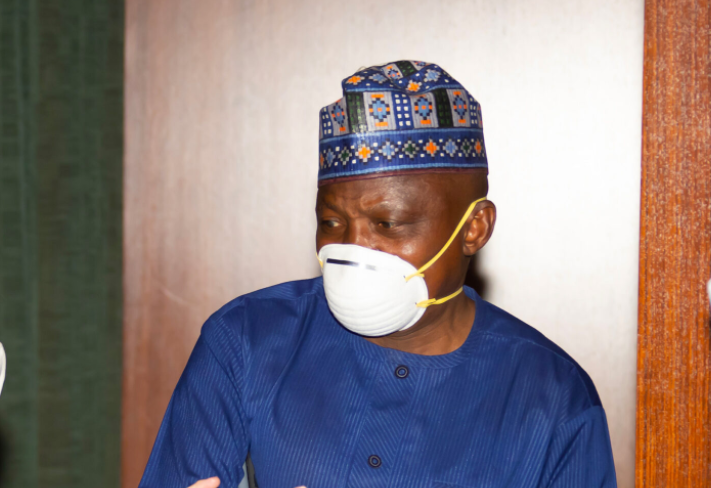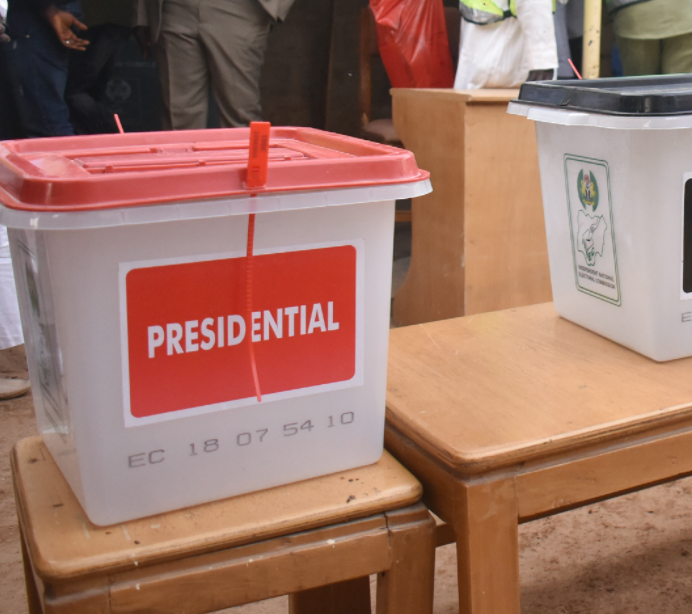The federal government says it is ready to join Ghana and Cote d’Ivoire in implementing the living income differential (LID) of $400 on every tonne of cocoa beans sold to enhance farmers’ livelihood.
Abdullahi Abubakar, director, federal ministry of agriculture and rural development, said this on Thursday while leading a team to the Ghana Cocoa Board (COCOBOD).
The delegation was in the country to meet the officials of COCOBOD to understudy the operations of the LID as accrued to smallholder cocoa farmers in Ghana.
Nigeria loses N60 billion annually to non-collection of Living Income Differential (LID), according to the Cocoa Farmers Association of Nigeria (CFAN).
Advertisement
Abubakar, who read a speech on behalf of Ernest Umakhihe, permanent secretary, federal ministry of agriculture and rural development, said Nigeria’s unregulated and liberalised cocoa industry was depriving smallholder farmers of yearly revenues, as they were unable to collect the LID.
LID policy is an export system that applies a premium of $400 per ton on the export price of cocoa aside from the floor price or direct amount being paid for cocoa tons by the chocolate makers or international cocoa buyers in Cote D’Ivoire and Ghana, respectively.
The additional revenue is intended to increase the incomes of farming families to help them achieve a living income.
Advertisement
Abubakar said the move would boost the income of the smallholder cocoa farmers in Nigeria.
“The LID system which was established by Cote D’Ivoire and Ghana in 2019 is set to be the cocoa markets organisation of Africa and if fully implemented in the region [and] can be compared to the organisation of petroleum exporting countries where prices of cocoa will be regulated,” he said.
“Nigeria being lined up to join the LID system will also guarantee that the premium charged in the $100 billion Chocolate Industry will help in boosting the income of the smallholder farmers.”
Commenting on the interest, Joseph Boahen Aidoo, chief executive officer (CEO), COCOBOD, said some structures ought to be put in place for the LID to work in Nigeria.
Advertisement
He said while Ghana and Cote D’Ivoire implemented a centralised regulatory system, trading and marketing in Nigeria were done by individual private companies without any centralised regulation.
“This makes it difficult for the LID to flow smoothly to the farmers because the LID ought to be given in total to farmers. But where there is no control, it becomes difficult to ensure compliance of the flow,” Aidoo said.
He added that Nigeria must also join the Ghana and Cote d’Ivoire cocoa initiative, sign the cocoa charter and ensure its promulgation by the national assembly to benefit from the initiative.
Aidoo said Nigeria would present a formidable force and a stronger factor in the market in determining prices.
Advertisement
Add a comment







